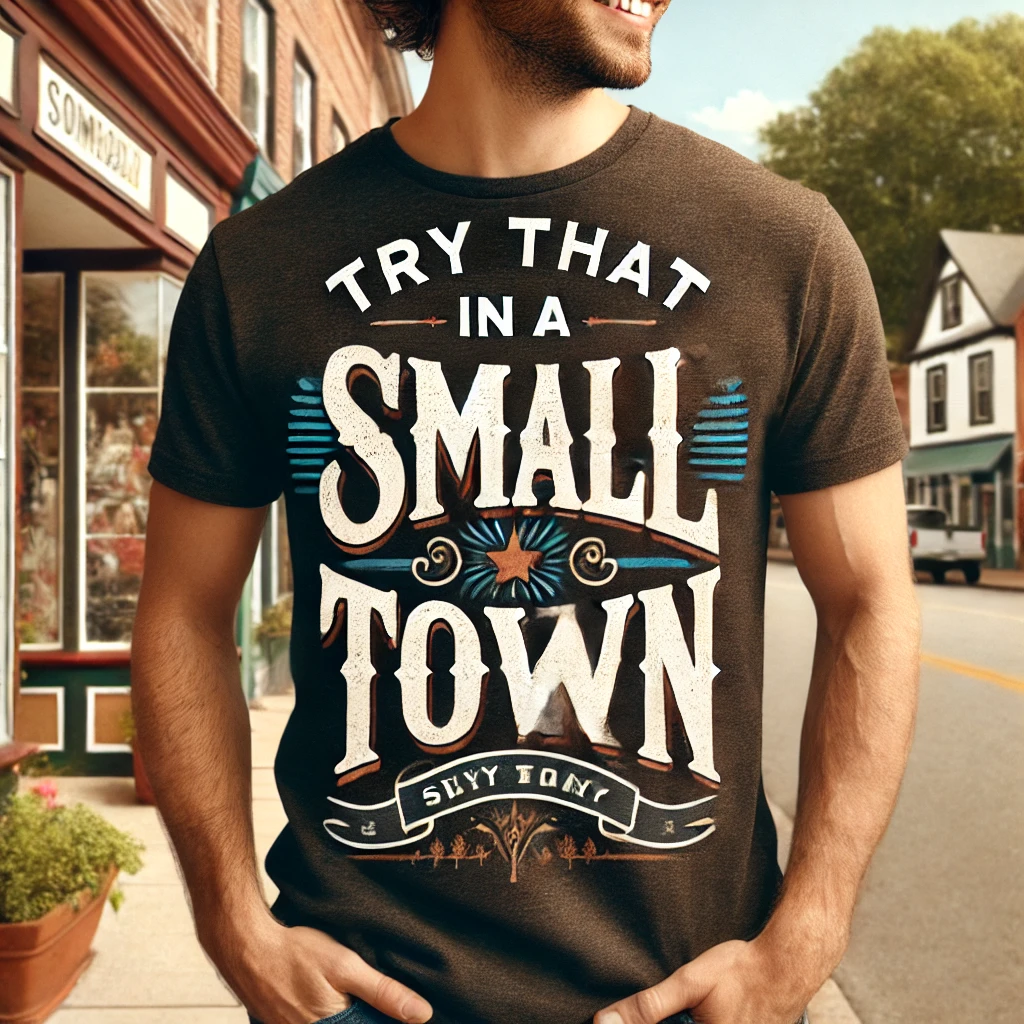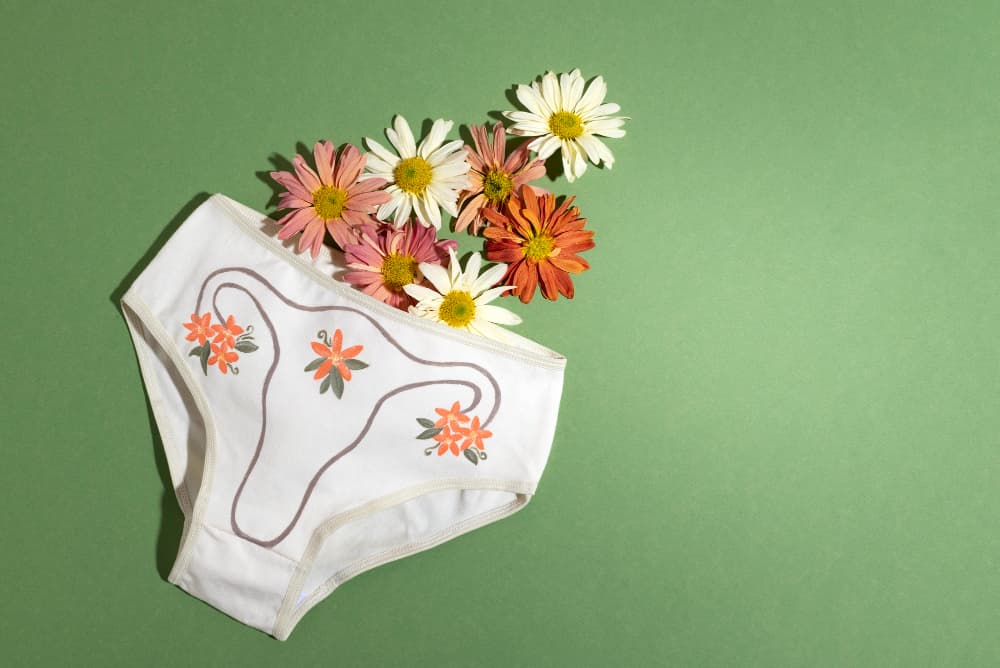
Pure Cotton Clothes: What to Look for When Shopping
Introduction
Shopping for pure cotton clothes can be a rewarding experience, especially as consumers increasingly prioritize comfort, sustainability, and quality in their wardrobe choices. Cotton is a natural fiber known for its breathability, softness, and versatility, making it a popular choice for a wide range of clothing items. However, not all cotton is created equal. Understanding what to look for when shopping for pure cotton clothing is essential for ensuring that you invest in high-quality pieces that not only feel good but also align with your values regarding sustainability and ethical practices. In this blog, we will explore the key factors to consider when shopping for pure cotton clothes and how to make informed decisions that enhance your wardrobe.
Understanding Pure Cotton: What Sets It Apart
Defining Pure Cotton
Pure cotton refers to clothing made entirely from cotton fibers without any blends or synthetic materials. This ensures the garment retains the natural qualities of cotton, such as softness, breathability, and hypoallergenic properties. Unlike cotton blends that may include synthetic fibers, pure cotton offers a more comfortable experience for the wearer, particularly for those with sensitive skin. The absence of synthetic materials also contributes to a lower environmental impact, making pure cotton a preferable choice for eco-conscious consumers.
When shopping for pure cotton clothes, look for labels that explicitly state "100% cotton" or "pure cotton." This guarantees that the fabric used is entirely cotton and not mixed with other materials, ensuring you get the full benefits of this natural fiber. Additionally, consider the different varieties of cotton, such as Egyptian or Pima cotton, which are renowned for their exceptional quality and durability.
Recognizing the Benefits of Pure Cotton Clothing
Pure cotton clothing comes with a range of benefits that make it an ideal choice for everyday wear. Its breathability allows for air circulation, helping to regulate body temperature and keep you comfortable in various climates. This is particularly important during the hotter months, as cotton can wick away moisture and keep you feeling fresh. Additionally, cotton is known for its moisture-wicking properties, which means it can absorb sweat and moisture, making it suitable for active lifestyles. This feature is particularly beneficial for individuals who lead a more active lifestyle or those who tend to sweat more.
Moreover, cotton fibers are soft and gentle on the skin, reducing the risk of irritation, especially for individuals with sensitive skin. The hypoallergenic nature of cotton makes it a safe choice for children and adults alike. Investing in pure cotton clothes also supports sustainability. Cotton is a renewable resource, and when sourced responsibly, it can contribute to a more eco-friendly fashion industry. Choosing organic cotton, in particular, ensures that the fabric is grown without harmful pesticides or chemicals, further enhancing its environmental benefits.
The Importance of Quality in Cotton Garments
Not all cotton is equal in quality. When shopping for pure cotton clothes, pay attention to the fabric's texture, weight, and overall feel. High-quality cotton should feel soft and smooth against the skin, while lower-quality cotton may feel rough or coarse. A garment made from superior cotton will not only look better but also last longer, making it a worthwhile investment. Additionally, consider the fabric's weight—lighter cotton is often suitable for warmer weather, while heavier cotton may be more appropriate for cooler seasons. Investing in quality pieces ensures that your cotton clothing lasts longer, providing better value for your money.
When assessing quality, take into account the thread count and weave. A higher thread count typically indicates a denser, more durable fabric, while a well-constructed weave can enhance both the garment's appearance and longevity. Examining the stitching and finishing details can also give you insight into the overall quality of the item. A well-constructed cotton garment will have secure seams and no loose threads, indicating attention to detail during the manufacturing process.
Key Factors to Consider When Shopping for Pure Cotton Clothes
Fabric Composition and Certifications
When evaluating pure cotton clothing, always check the label for its fabric composition. Look for garments that specify "100% cotton" to ensure you are purchasing pure cotton. Additionally, consider certifications that indicate organic or sustainable practices, such as the Global Organic Textile Standard (GOTS) or OEKO-TEX®. These certifications guarantee that the cotton has been produced with environmentally friendly methods and without harmful chemicals, providing peace of mind about your purchase.
Understanding fabric certifications is crucial for consumers who wish to support ethical and sustainable fashion practices. Brands that prioritize transparency often display these certifications prominently, signaling their commitment to responsible sourcing and production. By familiarizing yourself with these certifications, you can make more informed choices and support brands that align with your values.
Evaluating Brand Transparency and Ethics
Another essential factor to consider when shopping for pure cotton clothes is the brand's commitment to transparency and ethical practices. Research the brands you are interested in to understand their sourcing methods, labor practices, and environmental impact. Brands that prioritize ethical production often share their practices on their websites or product labels, allowing consumers to make informed choices. Supporting brands that align with your values promotes sustainability and encourages more companies to adopt responsible practices.
Transparency in the fashion industry is vital for fostering consumer trust. By choosing brands that openly communicate their production processes, consumers can feel confident that their purchases contribute to a more ethical fashion landscape. Brands that are committed to ethical practices often have stories behind their products, including information about the artisans or factories that produce their clothing.
Assessing Fit and Comfort
When shopping for pure cotton clothing, always prioritize fit and comfort. Since cotton is a versatile fabric, it can be tailored into various styles, from casual to formal. Try on different garments to find the styles that best suit your body type and personal preferences. Consider how the fabric feels against your skin, as comfort is essential for everyday wear. It’s advisable to try different cuts and sizes to determine what feels best for you.
Additionally, remember that cotton can shrink after washing, so it may be wise to choose slightly larger sizes if you are unsure about the fit. Pay attention to the garment's construction, such as seams and stitching, as these elements can indicate its overall quality and durability. Garments with reinforced seams are generally more durable, while those with proper finishes will be less prone to fraying.
Additional Considerations for Shopping Pure Cotton Clothes
Price vs. Quality: Understanding the Cost of Pure Cotton
When shopping for pure cotton clothing, be prepared for a range of prices. While it's tempting to opt for the cheapest options, remember that quality often correlates with price. Cheaper cotton garments may compromise on durability and ethical practices. Instead, consider the long-term benefits of investing in higher-quality pieces that will last longer and provide more comfort. Remember, the cost of clothing is not just about the price tag; it also includes the environmental and social costs associated with production.
Investing in quality cotton garments may require a larger upfront cost, but it can save you money in the long run by reducing the need for frequent replacements. High-quality pieces are often timeless and can be worn season after season, minimizing the need to follow fleeting fashion trends.
Seasonal Shopping: Timing Your Purchases
Understanding the seasons can also aid your shopping strategy for pure cotton clothes. Spring and summer typically feature lighter cotton garments, while fall and winter collections may showcase heavier cotton materials. Timing your purchases based on the season can ensure that you find the best selection of garments suitable for your needs. It’s also worth noting that many brands offer sales at the end of a season, allowing you to score high-quality pieces at a lower price.
Additionally, keep an eye out for transitional pieces that can be layered or worn throughout the year. Investing in versatile cotton clothing can help you build a wardrobe that adapts to changing weather conditions without sacrificing comfort.
The Importance of Care Instructions
When investing in pure cotton clothing, be mindful of the care instructions provided by the manufacturer. Cotton can shrink or lose its shape if not cared for properly, so following washing and drying guidelines is essential. Opt for gentle washing cycles and air drying whenever possible to prolong the life of your garments. Understanding how to care for your cotton clothes ensures they remain comfortable and durable over time.
Proper care also involves storing cotton garments correctly. Consider using padded hangers or folding items to prevent stretching or misshaping. Being attentive to care details not only extends the lifespan of your clothes but also enhances their appearance and comfort.
Smart Shopping Tips for Finding the Best Pure Cotton Clothes
Explore Local and Sustainable Brands
Consider exploring local and sustainable brands that prioritize pure cotton clothing. These brands often emphasize transparency in their sourcing and production practices, allowing you to make informed choices. Shopping locally can also reduce your carbon footprint and support your community's economy. Look for brands that focus on sustainable materials, ethical labor practices, and eco-friendly packaging, ensuring that your purchases align with your values.
Supporting local brands not only fosters a sense of community but also promotes a more sustainable fashion industry. Many local brands are dedicated to creating high-quality garments that resonate with consumers who value ethical practices. Furthermore, local brands often have a smaller environmental impact due to reduced shipping distances.
Look for Versatile Pieces
When shopping for pure cotton clothes, seek out versatile pieces that can be styled in multiple ways. Cotton clothing is often adaptable, making it suitable for various occasions, from casual outings to more formal events. Investing in versatile garments allows you to maximize your wardrobe while minimizing the number of items needed, promoting a more sustainable approach to fashion.
Versatile pieces can often be dressed up or down, making them ideal for a range of settings. For instance, a simple cotton dress can be paired with sneakers for a casual look or dressed up with accessories for a night out.
Research Trends in Sustainable Fashion
Stay informed about current trends in sustainable fashion to guide your purchasing decisions. Researching brands that focus on eco-friendly materials and ethical production practices will help you find quality pure cotton clothing. Understanding the broader landscape of sustainable fashion will enable you to support brands that prioritize positive environmental and social impacts.
Engaging with sustainable fashion communities online or in-person can also provide valuable insights and recommendations. Connecting with like-minded individuals fosters a sense of shared purpose in promoting responsible fashion choices.
Conclusion
Shopping for pure cotton clothes offers a wonderful opportunity to embrace comfort, sustainability, and quality. By understanding what to look for—such as fabric composition, brand transparency, and garment fit—you can make informed choices that enhance your wardrobe while supporting ethical and eco-friendly practices. Investing in high-quality pure cotton clothing not only ensures your comfort and satisfaction but also contributes to a more sustainable fashion industry. With a little research and attention to detail, you can curate a collection of pure cotton garments that reflect your values and style, allowing you to enjoy the numerous benefits of this natural fabric for years to come.
















